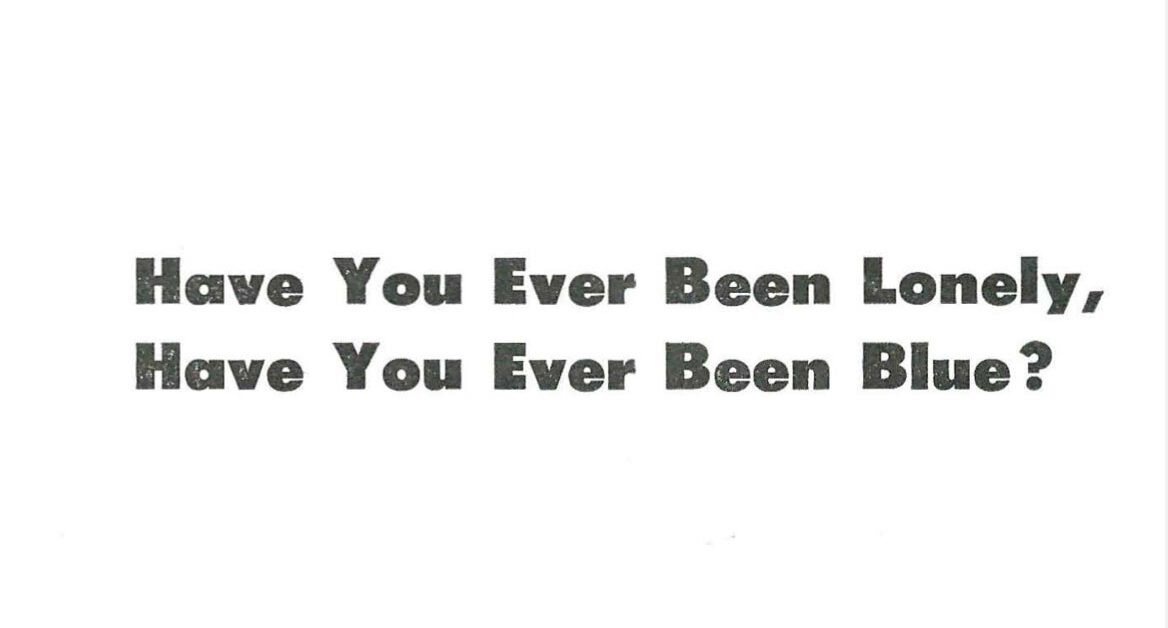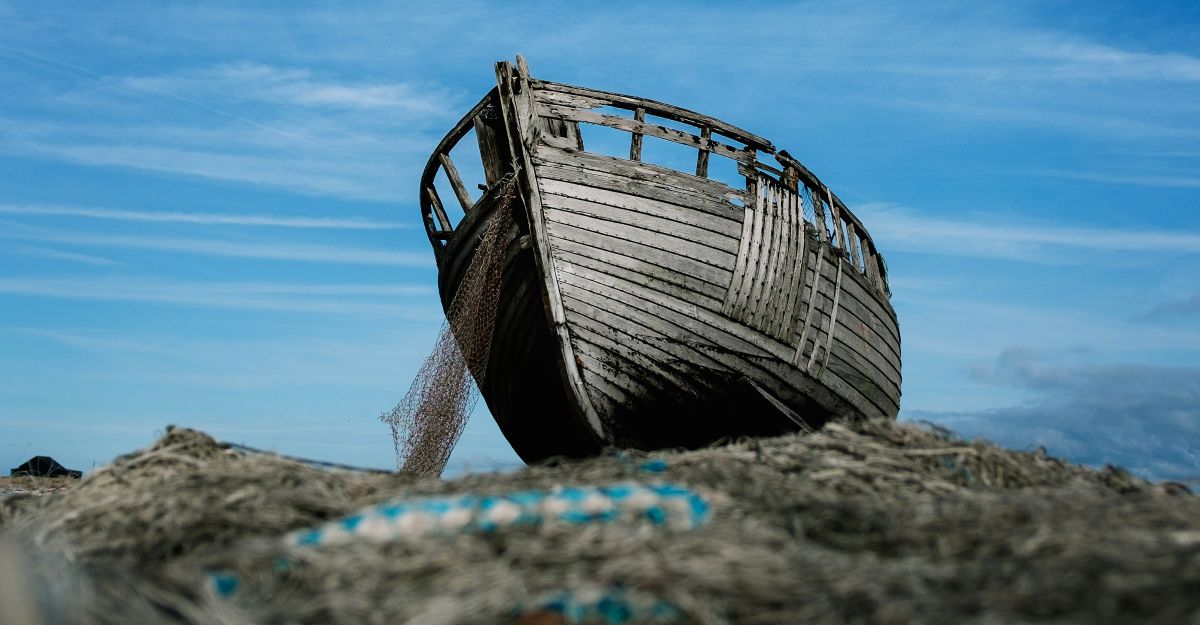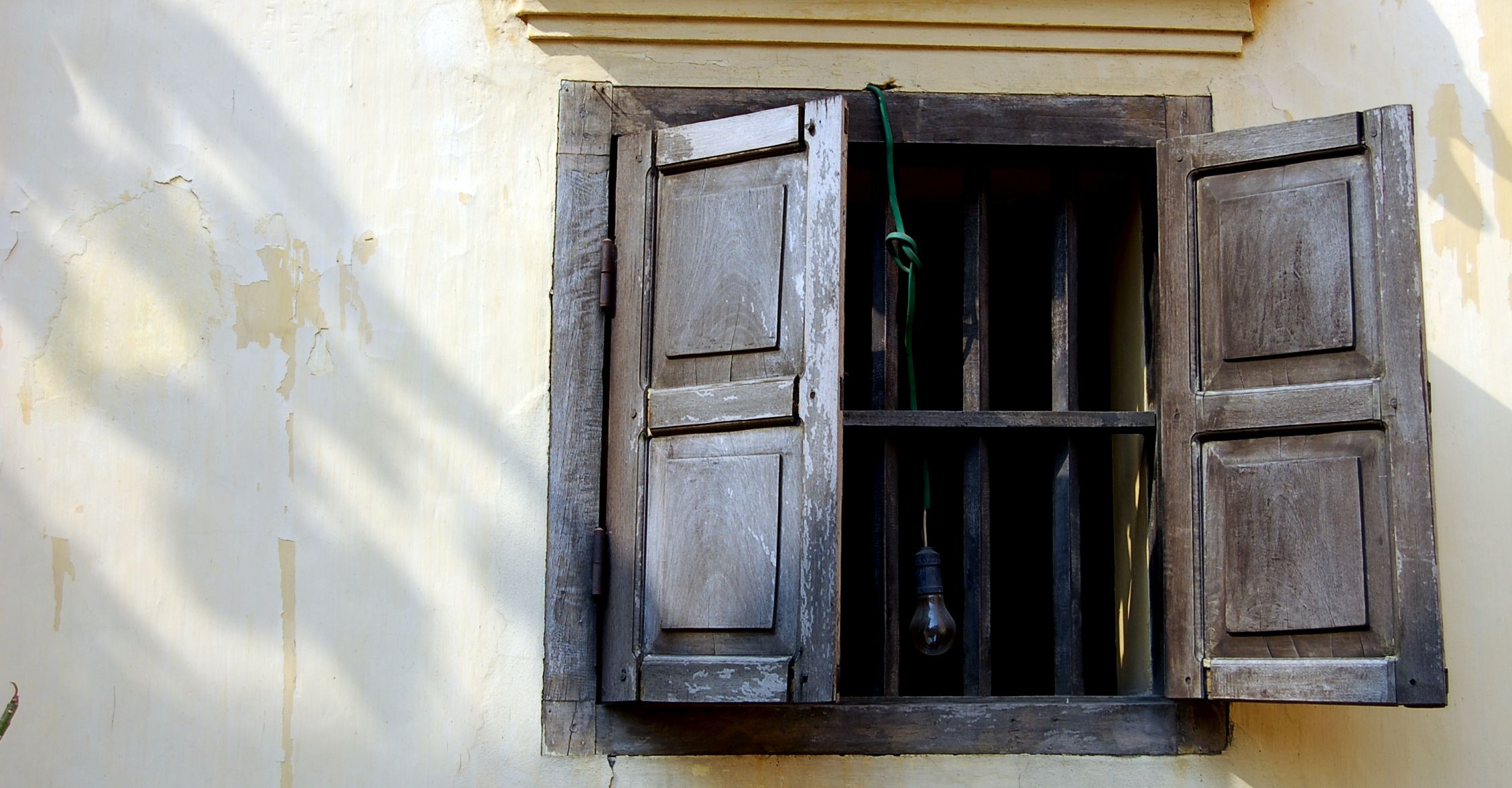Leo was alone. He had always wanted to be alone and now he was. No pestering acquaint- ances, no nagging relatives, no poky neighbors, no boss. Maybe just a little bit more alone than he wanted to be (he was twelve months an orphan, and his girl friend had just married someone else), but what the hell, in reasonable moments he saw her for the bitch she really was, gymnastic lovemaking notwithstanding, and though he still grieved for his parents, and probably always would, life had to go on.
Look, he had everything. Money , freedom , all Europe spread out in front of him like a map. He could go anywhere, do anything, all the places and things he’d dreamed about for years. Run with the bulls in Pamplona, sail down the Rhine, hang around the medina in Tangier. Sit at the Deux Magots, whip round the Louvre, take in a few fiords in Norway, drink camparis in Rome. Anything. He had a good year at least up his sleeve, maybe even two. No job. No need for a job. He had two suitcases, a guidebook, a wallet crammed with cash. He was twenty-eight years old, wide shouldered, enjoyed perfect health. He had brought from Australia (twelve thousand miles’- from the false charity of his relatives, twelve thousand miles from that rutty girl) a great curiosity and an alert pair of eyes. What more could you possibly want?
However, he was alone.
He was alone in Paris, alone in Spain, alone in Portugal, Morocco and Algiers. Then across the Mediterranean to be alone in I t a l y – Naples, Rome, Florence, Milan- and from there he went to Switzerland and was alone in Geneva for two days and nights. He was alone in Germany, Denmark, Sweden, Norway, then back to Denmark, still alone. This is not to say that he spoke to no one, exchanged no addresses, did not smile, said no hellos, but there are ways of being alone even with all this, and Leo was in the true sense of the word alone. He was so much alone that a strange thing happened to him. It had to do with his personal habits. Oh, he brushed his teeth, combed his hair, shaved his chin and cheeks, bathed or showered every second day, anointing his body with scented talc and after-shave–no, this was something else. In short, Leo became a farter.
Now this is a shameful and loathesome thing, but think a minute. The reason we don’t do i t – you and I – i s because we fear the scorn of our friends, but who was there to hear Leo, alone in Europe, a stranger in every city and town? A waiter in a restaurant? A priest in a church? A bored attendant in some ill-lit gallery or museum? A woman in a shop? Fellow patrons in a cinema? A shoe-shine boy in Naples? The man cutting Leo’s hair in a booth in Tangier? He would never see them again, he would never see any of them again, so why hold back? Even if they spoke, Leo couldn’t understand a word. Chastisement loses its sting when delivered in a foreign tongue. Maybe, anyhow, they were saying something else. Who could be sure? Boop, went Leo. Farting is anti- social, and Leo was part of no society. He was alone .
Occasionally, cuttingly alone. Like when he saw a girl who reminded him of her– her smile, her eyes, her way of walking, her way of moving her hands. He saw her, once, slipping her hand under a man’s coat, and turned instantly to ice. But a bottle of wine sorted that out, and then after- wards a walk along a fashionable avenue or boulevard, past cafes and elegant lit-up windows, feeling tall, loose and free. And perhaps some other times too. But then all he had to do was summon up the faces of all those meddlesome uncles, cousins, nephews and aunts-“Leo, my Leo, what can we do for you?”-and he was all right. Hey, I’m in Europe! he told himself. Mel
He had gone through several countries before he realized the habit was on him. Walking up a flight of stairs in the Prado, he popped forth a short series-squeaks, actually-without turning a hair. These continued with Velasquez, went on through El Greco, and the series came to a close with Goya, in front of that magnificent painting called The Third of May, 1808. What a perform- ance, Leo thought, relishing the detail.
He was a little louder in Portugal, and in his room in Tangier gave vent to several tumultuous blasts. Palm trees waved outside his window. There was a cooling breeze from the sea. No day in Algiers was silent-he was there a month–:- and when he got to Italy he really blossomed. Was it the pasta? The chianti? Or was it the operatic tradition of the land? 0 sole rnio! There were twig snaps in the Sistine Chapel, a salvo in St Peter’s, an ancient Model T in La Scala in Milan. He went there for La Bohenie. Before he knew what was happening, he had breakfast farts, pre- and post-luncheon farts, a special repertoire for after dinner. Always a couple before he went to bed. Stairs unlocked them, up or down. Bend- ing for a suitcase or to tie up a shoe was sure to release a few. He became aware of them some- where in Germany-the sauerkraut? the spicy sausages? all that foamy beer?-but didn’t hold them back. There didn’t seem to be any need. He was alone. He ascended the stairs of a local Rathaus his guidebook told him not to miss in a carnival of rockets and bursting balloons.
He kept them up in Copenhagen, carried them over on the ferry to Sweden (two toots in Malmo to signal his arrival), crossed the border into Norway with a snap and a pop-always more in open spaces- and it was in a restaurant in Oslo that they finally brought him shame. He was din- ing, alone of course, but at the next table sat a girl with long blonde hair and a look of love and adoration in her soft blue eyes. The look was not for Leo, but for the young man she sat with. As Leo watched, the man put a hand to the girl’s cheek, and she raised her shoulder, inclined her head, caressing her lover’s hand like a kitten. Leo, spellbound, touched off a doleful bassoon. Neither the girl nor her lover seemed to notice, but Leo’s face caught fire and he looked down quickly into his plate. He was vile. He was a beast. He was not fit to mix with men. He saw his mother’s gentle face and burned with shame. Also some uncles, aunts, several family friends. He didn’t bother with coffee and left Oslo that night.
But the same thing happened, more or less, three times in Copenhagen, when he returned. He tried desperately to keep them under control but still they escaped. A beauty in a museum. One in a restaurant. One on a bus. Good God! cried Leo. What is it? What have I done? I always wanted to run with the bulls in Pamplona, but why (crack!) can’t I stop? Aren’t I enjoying myself? Aren’t I having a good time? Oh Europe, he moaned. Historic, priceless Europe. I’ve blown it. Blown it to hell.
He had been too long in countries where he couldn’t speak the language. That was it. He had never done them at home. He needed a job. He needed regular hours. He needed the company of acquaintances and friends. Let them be pestering, nagging and poky! He needed to visit his parents, to lay flowers on their twin lonely graves. He hadn’t mourned them properly. His head had been filled with dreams. He packed his bags, sizzling like a fuse. He boarded an aeroplane, firing sniper shots as he went up the steps. He tried to keep them muffled on board, and did, with only the occasional lapse. In Singapore he bought some books, and flying home he kept himself distracted with the essays and poems of John Donne.
“No man is an Ilancl (he read), intire of it self; every man is a peece of the Continent, a part of the maine–,”
“Coffee?” the hostess asked him.
“Yes, please,” Leo said.
“And therefore (he read) never send to know
for whom the bell tolls; It tolls (ping! ping!) for thee.”



